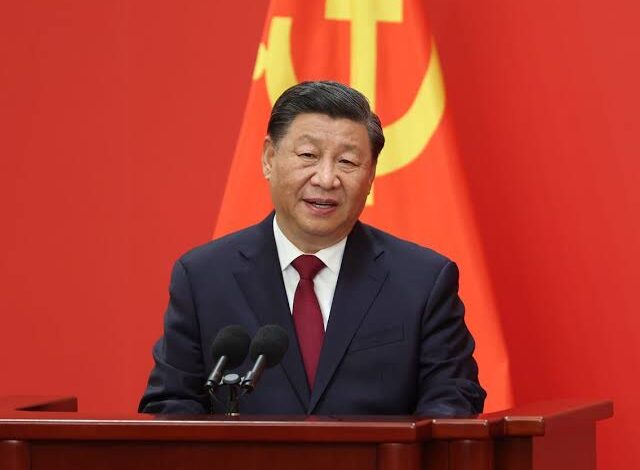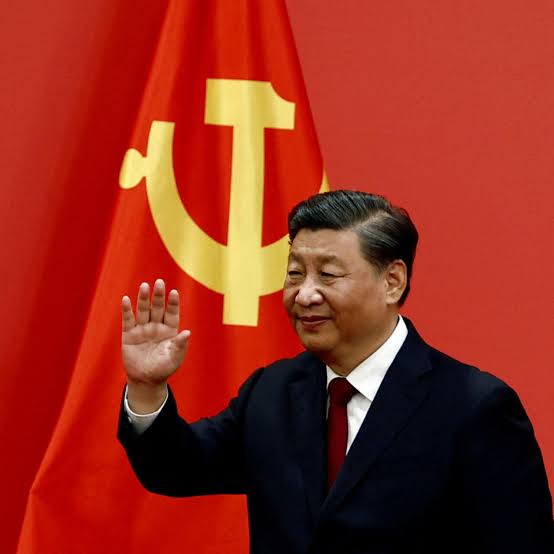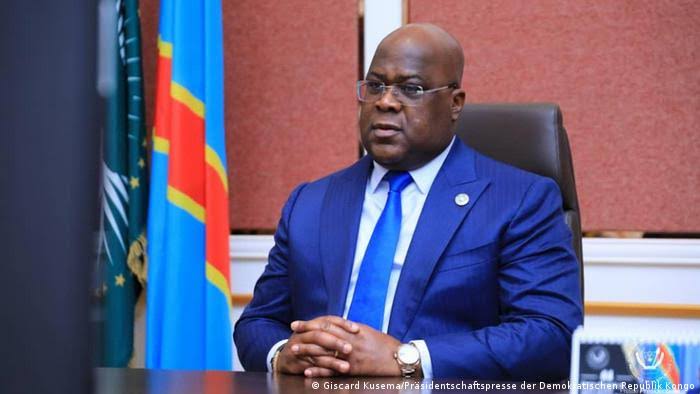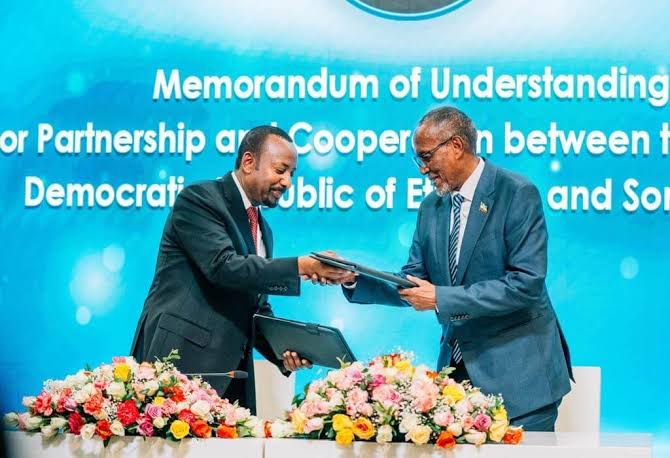
Faith Nyasuguta
Chinese President Xi Jinping used his annual new year address to both celebrate China’s achievements and acknowledge the challenges faced by some companies and citizens in 2023.
In a rare admission, he recognized that certain “enterprises had a tough time” and that “people had difficulty finding jobs and meeting basic needs.” Despite this, Xi emphasized the government’s commitment to consolidating economic recovery and achieving steady and long-term economic development.
While the much-anticipated post-pandemic economic boom failed to materialize in 2023, President Xi’s focus on economic recovery is timely. The government aims to deliver a better life for the people, addressing issues such as youth unemployment, which hit a record high during the summer of 2023. This commitment aligns with the longstanding social contract the Communist Party has maintained for decades.
Improving the well-being of the population remains a cornerstone of the party’s rule, and President Xi’s pledges include better education and career opportunities for the young and enhanced healthcare for the elderly. The economic challenges of the past year, coupled with rising inflation and persistent high unemployment, test the resilience of this social contract.
As China enters a pivotal period, policymakers are tasked with stabilizing a crisis in the property market and preventing the economy from sliding into deflation.
President Xi’s acknowledgment of domestic challenges and commitment to economic recovery reflects the complexity of the current situation. Beijing is expected to target a growth goal of around 5% in 2024, aiming to avoid a self-fulfilling negative cycle that a lower number might trigger.
The key to success in 2024 lies in bolstering confidence both domestically and internationally. Concerns over Beijing’s opaque policymaking have spooked investors, leading to capital outflows and a decline in foreign investments. The recent crackdown on the gaming industry, resulting in an $80 billion meltdown, has added to the uncertainty surrounding policy swings.
While President Xi highlighted China’s manufacturing prowess and showcased domestic achievements, including the C919 passenger jet, cruise ships, space programs, submersibles, and electric cars, signs of economic weakness persist. The contraction in factory activity just hours before Xi’s speech underscored the urgency for policymakers to act swiftly.
The market’s expectation of a central bank rate cut in the first quarter of 2024 remains unchanged despite Xi’s address. Analysts note that while the speech outlined achievements and commitments, it didn’t provide a clear roadmap for addressing the economic challenges ahead.

In addition to economic concerns, President Xi used the occasion to reiterate the Communist Party’s position on Taiwan, emphasizing that China will “surely be reunified.” With Taiwan’s hotly-contested election approaching on January 13, geopolitical tensions add another layer of complexity to China’s challenges.
Internal turmoil within China’s military leadership raises questions about the nation’s readiness for a potential Taiwan invasion. The upcoming election in Taiwan will shape the island’s response to Beijing’s actions, with the Democratic Progressive Party seeking closer ties with the U.S. and the opposition Kuomintang potentially becoming a negotiating partner with Beijing.
President Xi’s call for a common purpose among all Chinese on both sides of the Taiwan Strait underscores the geopolitical significance of the region. Navigating economic challenges while addressing geopolitical complexities requires strategic policymaking to ensure stability and growth in the coming year.
RELATED:




